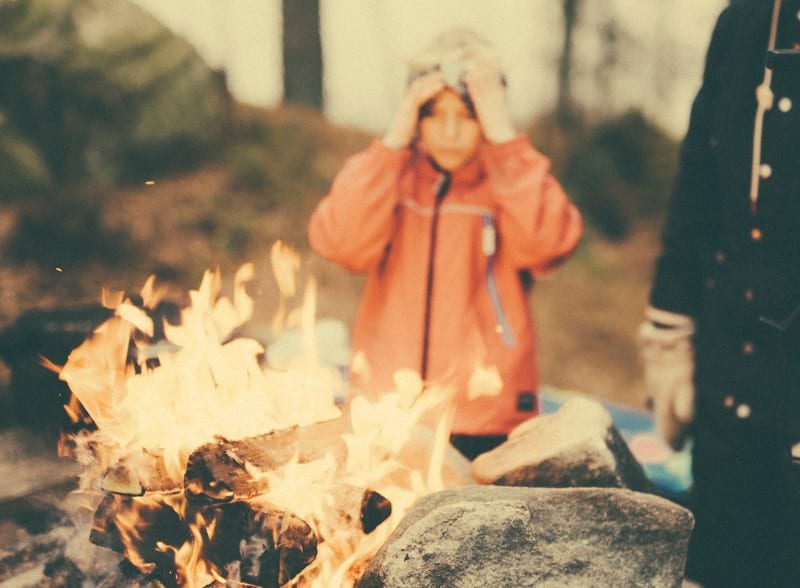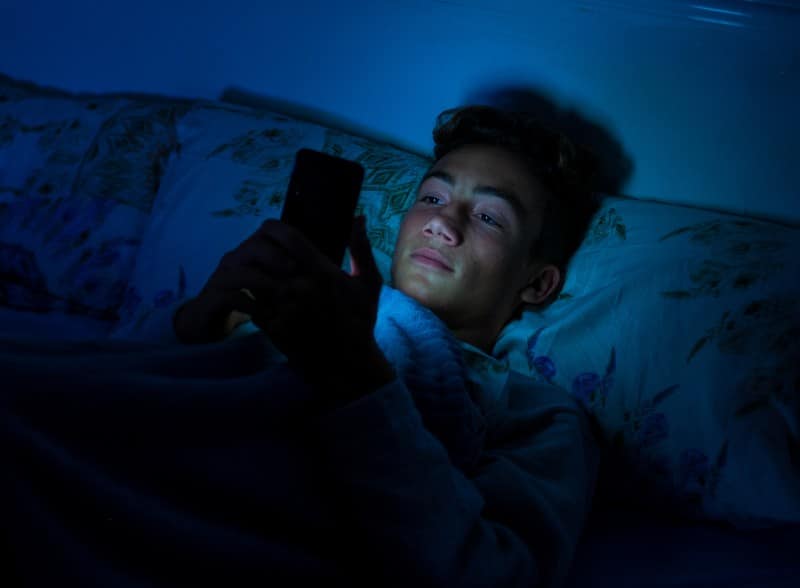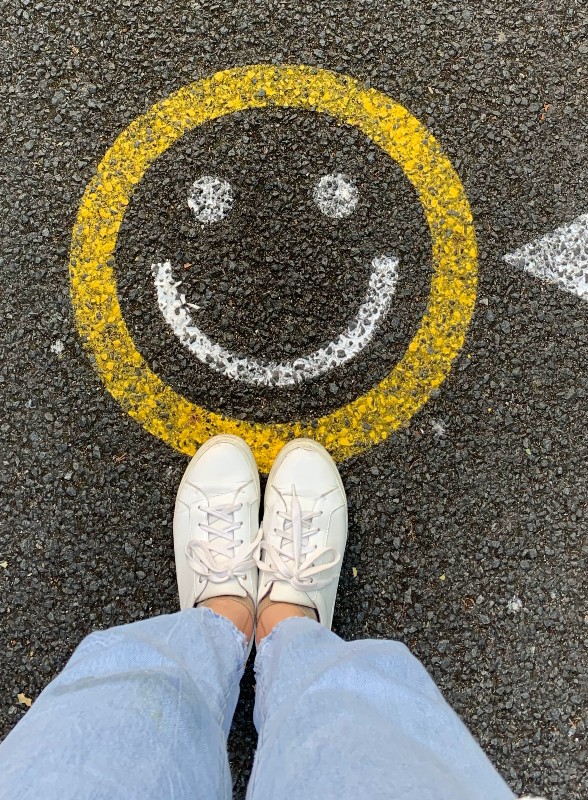
Helping Children Who Feel Anxious about Fire: A Webinar with Joanna Foster
Joanna Foster is a leading specialist in the field of child-set fires, working with hundreds of London’s most vulnerable children and families. In this webinar, she talks us through how to manage children’s anxiety around fire and how to create a healthy relationship with it. She outlines useful anxiety-reducing strategies and provides some simple and effective ways of building children’s confidence and self-efficacy around fire safety. We’ve included her top tips as written notes for you to read if you are short of time.













